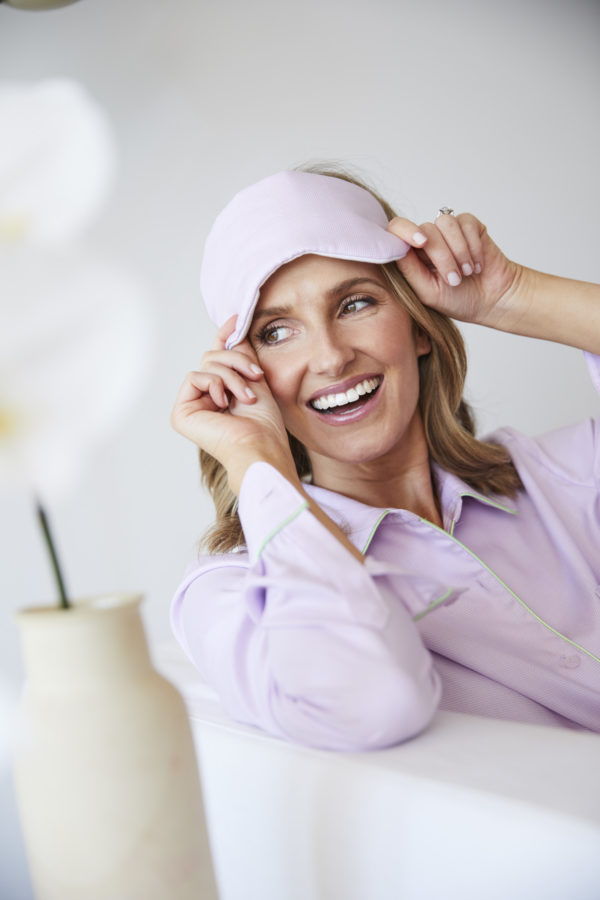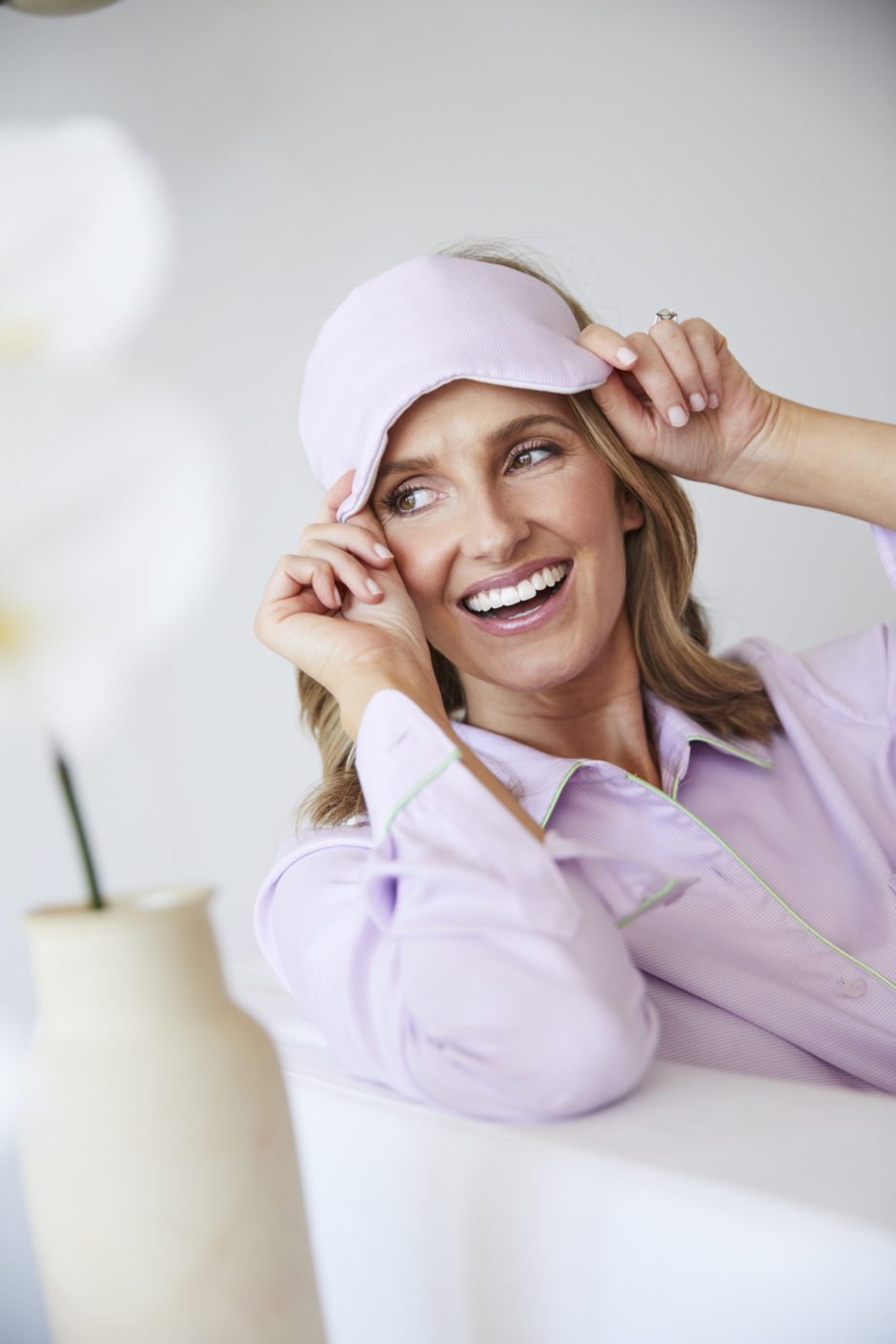
Sleep is deeply important for our health and wellbeing. A good night’s rest is important for everything from memory to mood and physical wellness. Sleep is where we repair and rejuvenate our minds and bodies, so when we don’t get enough of it or the quality isn’t great, it can have long-lasting effects. It’s something I know most of us want to get right, so I recently asked sleep expert Olivia Arezzolo for her top tips on how to get a better night’s shut-eye. Olivia utilises her expertise in psychology, physiology and nutrition to help give her clients a multi-faceted approach to tackling sleep issues, and here she shares the top dos and don’ts when it comes to catching zzzz’s.
Do use magnesium
“Just like meditation, research indicates magnesium helps reduce anxiety – by 31 per cent. However, unlike meditation, this is a physiological tool for relaxation, which can be somewhat more helpful if you’re in a constant state of stress or find meditation ineffective.
Being physiological rather than psychological, it means your body is triggered to relax, even without you trying. Knowing how wound up we often are come evening; this is why I recommend it in everyone’ s bedtime routine.”
Do block out blue light
“As the number one factor to control your circadian rhythm, evidence pinpoints light to be one of, if not the biggest, impactor on how sleepy you are in the evening.
Because of this, blocking out blue light (an extremely stimulatory light spectrum) is critical. How? One hundred per cent blue light blocking glasses worn for two hours before bed.
A must-have for all in the face of phones, devices, and regular ceiling lights.”
Don’t take sleeping pills
“The toxins in sleeping pills build up in the muscles and exacerbate fatigue— the longer you take them, the worse the daytime fatigue.
Further, the more you take them the more the brain develops a psychological association that sleepiness = sleeping pills, so you become increasingly reliant upon them to fall and stay asleep.”
Do use a meditation app
“Let’ s face it—meditation can be hard, especially if you’re a novice.
That said, it has clinical links to improving sleep: studies show after meditating for 6 + months, 60 per cent of people experience a noticeable reduction in anxiety symptoms.
Given that anxiety—as in, an inability to switch off with ease—is often the prime reason of s sleeplessness, it’s a valuable addition to your day. I recommend an app as it keeps you on track – which is definitely what we want, right?”
Don’ t look at your phone in the middle of the night
“Looping back to the impact of blue light, studies show even five minutes of blue light exposure—like checking your phone—can result in a 2-3 hour delay in your melatonin (the hormone that regulates the sleep-wake cycle) levels. This can leave you unable to return to sleep and further, exhausted in the morning too.”
Sleep on the right mattress perfect for you
“If you’re tossing through the evening, it’s worthwhile to consider your bedding.
Essentially, under stress, academic studies demonstrate your psychosocial pain— e.g. pain from psychological stress, rather than physical injuries – increases.
This means that even if you are usually A-OK in your bed, if you’ re stressed, you’ re more likely to feel those small niggles or dull aches which are caused by the incorrect mattress. Get fitted and invest in quality – you do spend a third of your life there, after all.”
Do diffuse lavender
“Want a long term, equally effective alternative to sleeping pills, as proven by science? Look no further—lavender is your answer.
Phenomenally, researchers have found lavender can reduce anxiety “as much as sleeping pills”. Lavender can reduce symptoms by 45 per cent, whereas sleeping pills reducing anxiety symptoms by 46 per cent – only a 1 per cent difference.”
Don’t ignore expert advice
“There IS a reason you can’t sleep, there IS a solution and there IS an avenue forward – be open to it, seek our experts such as myself and you’ll realise you CAN sleep properly again.”

